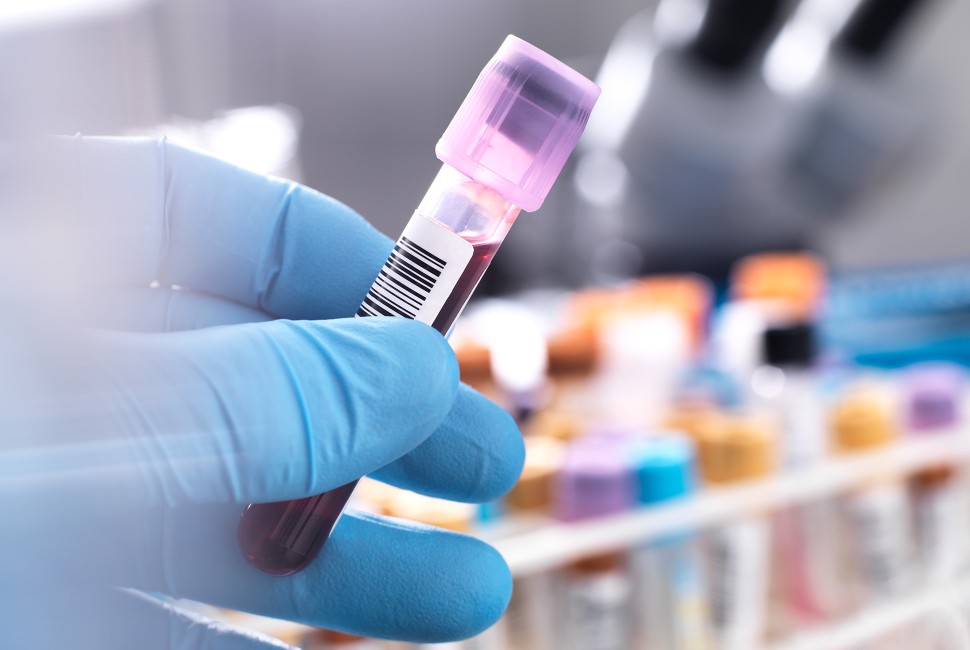The autoimmune disease systemic lupus erythematosus — known as lupus — affects more than 1.5 million people in the U.S. It can result in life-threatening damage to multiple organs including the kidneys, brain and heart. The causes of this disease have long been unclear. Existing treatments often fail to control the disease, the study authors said, and have unintended side effects of reducing the immune system’s ability to fight infections.
But now, Northwestern Medicine and Brigham and Women’s Hospital scientists have discovered a molecular defect that promotes the pathologic immune response in lupus and show that reversing this defect may potentially reverse the disease.

